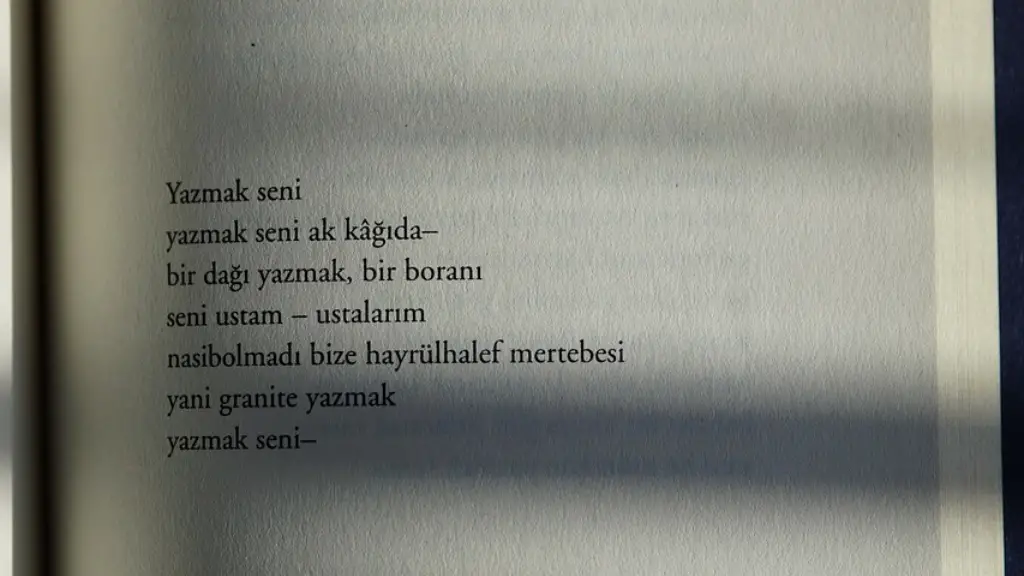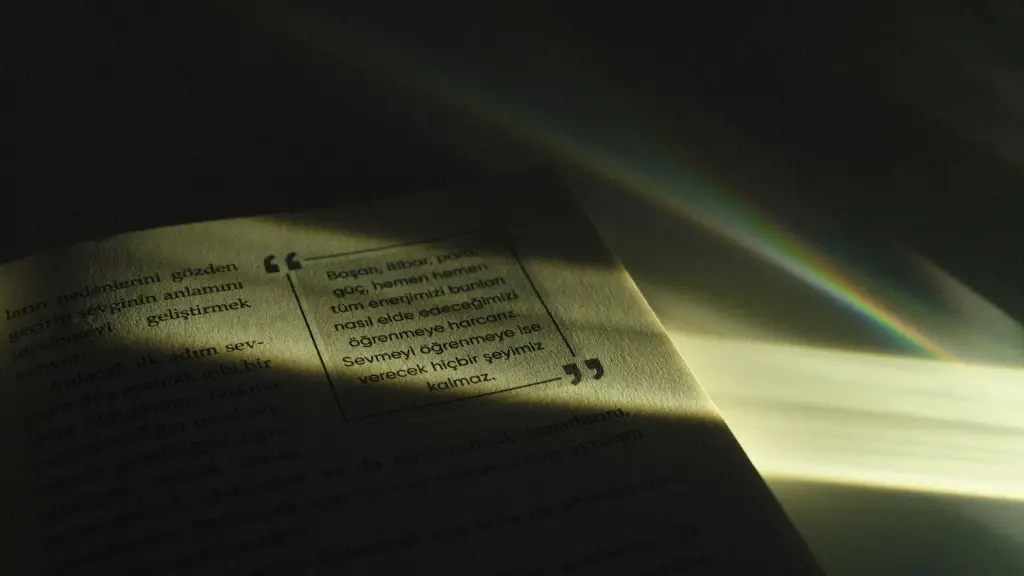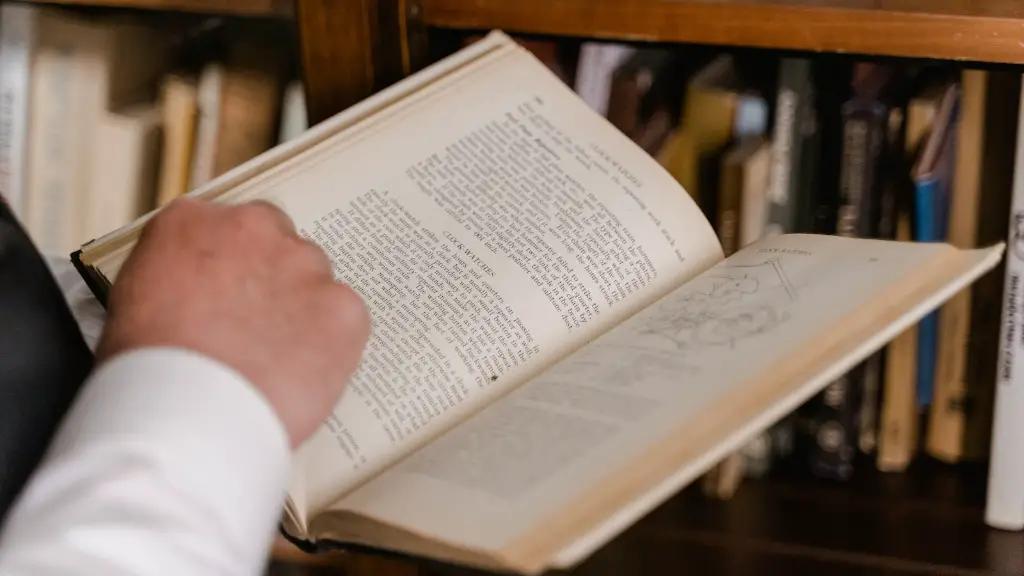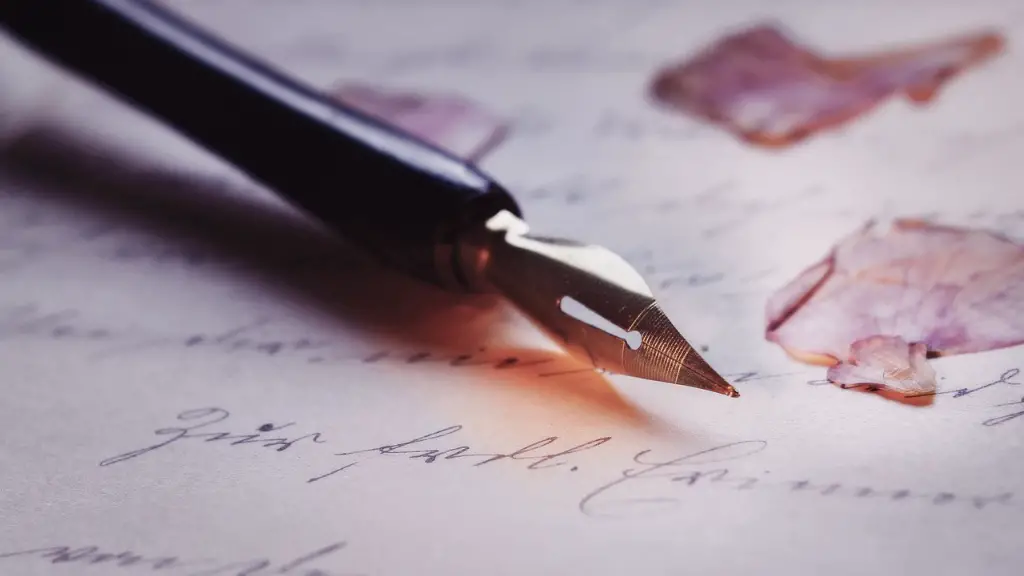Introduction
Walt Whitman is a renowned poet and has had an extensive impact on the literary world. He created a new type of poetry, taking poetic expression past anything done before. His work is known as ‘Leaves of Grass’, and was unlike any poem composed before, captivating readers and inspiring future writers. Who were the people that helped shape Whitman’s poetic style, and how have they influenced him?
The Poets
One of the most influential figures in Whitman’s life was poet Ralph Waldo Emerson. Emerson had an immense admiration for Whitman and viewed his written work as an extension of Emerson’s quest for personal renewal. Emerson’s universalism, which spoke to the idea of an all-encompassing and interconnected universe, inspired Whitman’s own writing. Emerson’s influence is evident in many of Whitman’s poems, particularly ‘Out of the Cradle Endlessly Rocking’, with Whitman’s own view of the unity of man and nature.
Another poet who heavily influenced Whitman was poet and abolitionist John Greenleaf Whittier. Whittier’s work had an enormous impact on Whitman, particularly in his sentimentality and his use of traditional poetic forms. As well as providing Whitman with elements of rhyme and form, Whittier also served as an inspirational moral compass to Whitman, instilling in him a strong sympathy for the common man, which was a major motivation in Whitman’s poetry.
Religious Influence
Whitman’s religious upbringing played a part in inspiring his work, particularly his early work. Whitman was raised in a Quaker family, with his parents trying to ensure his religious education. As such, many of his early writings were hymn-like, letting religious sentiment drive his writing. His faith in religion further cultivated his focus on nature, with his witness of the ‘beauty and tenderness of the Christian religion’ informing his writing style. However, as he grew older and away from the influence of his parents, the religious influences on his poetry weakened, though his religious roots can be seen in parts of his later works.
American Politics
Throughout his life, Whitman was held in the grasp of American politics. The increasing tension of pre-Civil War America shaped Whitman’s work in many ways. His poetry incorporated themes of patriotism and societal progressivism. Whitman himself had been inspired by figures such as Thomas Paine and Thomas Jefferson, who had labelled America as a model of social progress and democracy. Whitman sought to further these beliefs in his poetry, using his writing to critique a society that still had a large number of disparities and injustices.
Science and Technology
The growing industrialisation of America had a large effect on Whitman. He was incredibly interested in the effects of science and technology on society, with the ideals of progress appealing to him. He felt that science and technology were growing too quickly, and pushed for a slowing of this technological development. He believed that it should be used for the promotion of further diversity and creativity, and wrote his poems in an attempt to achieve this. The idea of science being a vehicle for creative human expression appealed to him greatly, inspiring his own writings and attitudes towards life.
Conclusion
Whitman was an extremely influential poet whose style and views of life were inspired by a number of sources, from literary figures to political events. From poets such as Emerson and Whittier to his religious upbringing, they all combined to create the Whitman whose works have become renowned today. His views on science and technology, his sentimentality and his patriotism all combined to create a poet whose work stands in the annals of history.



